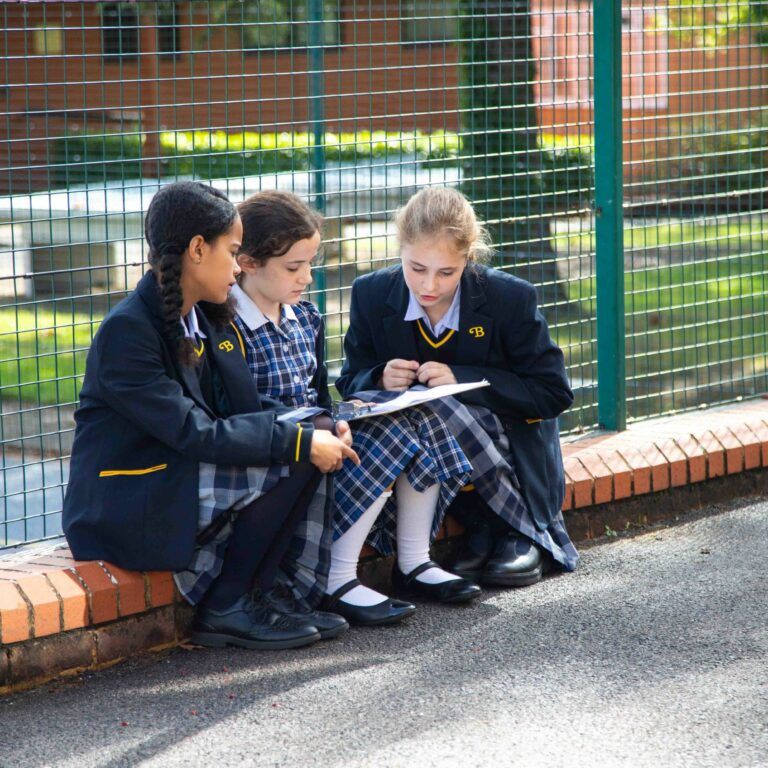“How was your day darling? Did anything good happen? Who did you play with? What lessons did you have? What did you learn?”
If you are a parent of a school age child, it is likely you have fired these questions at your child immediately after they get out of school. It is also more than likely that the response was simply; ‘good,’ ‘yep’ or ‘ok,’ or just complete silence as your questions are ignored in favour of the TV, tablet, toys, or a combination of all three!
So, what is the secret? How can you get them to tell you more about their day? Here are some of the strategies we suggest you try.
Give them time
If you think about how you feel after a day of work, you probably want nothing more than to get home and zone out for half an hour or so. Children are the same. You can talk about something else other than their school day or just let them initiate the conversation if they want to. Otherwise give them some space and time to reset and unwind.
Model talking about your day
After some down time, when you think there is a good opportunity for conversation you can initiate discussions by modelling what happened in your day and how you feel about it. They may choose to follow your example and share something about their day. But try not to push it. They may decide to share tomorrow instead.
Vary the focus and frequency
You might be concerned about a particular aspect of your child’s interaction at school. For example, what they are learning or whether they are playing regularly with others. Often this concern will reflect in the questions you ask. To avoid your child clamming up ensure your questions are varied, especially if it is an area that they might not be comfortable talking about. Try to have days when you do not ask any questions at all. Maybe they will choose to volunteer information on their own. If they do, try to keep the conversation going with open versus closed questions.
Give them confidence
You leave the most precious thing you have at the school gate, and it requires you to openly trust those who care for your child. If you over focus on elements of the day or over question the child might pick up on your apprehension which in turn might lead them to worry that something is wrong at school.
Try the positive sandwich method
The sandwich feedback method offers positive feedback before and after negative feedback. When engaging your child in conversation about their day, ask them to share something positive. Then ask them if anything worried them about their day. Ask them who they shared their worry with. If they did not share at school, model how they might share with their teacher in the morning and reassure them you have every confidence in their teacher to help them resolve their worry. Finally, finish off with another positive. This approach will help your child to feel confident that school is a safe place and that you trust the adults who work in it.
While we are talking about food, you might want to try making them their favourite snack or drink and sit down to enjoy it with them. As they happily munch or slurp, they might feel more in the mood to chat and share.
Focus on them
Remind your child you are interested in what they did at school not what others may have done or not done. This will avoid them becoming hypervigilant of others and help them to recognise their own gifts and talents.
Make links to their timetable
It is possible you know that they have a particular subject or activity on a specific day so you can make the discussion more focused and relevant by linking to that topic and open the conversation from there.
Be tactical with bedtime
In our experience, bedtime is often the time when children want to talk. They are clever little things, anything to delay bedtime! But you can exploit this opportunity by making bedtime a little earlier, so you allow time to chat if the situation arises. If it is an area of worry for them, they are also likely to sleep better once they have got it off their chest so try not to worry if they go a little bit over! But do not forget the positive sandwich method.
Not sharing can be a good thing!
Children will take the lead from your questions and will respond accordingly. If your questions are probing and you focus on the negative your child might learn this is your area of interest and so will give you more of the same. Some parts of a day may not always go as your child would wish them to, but it is exceedingly rare for a child to have a totally miserable time. Try to bear in mind that happy children often do not share much about their day and that is okay.



